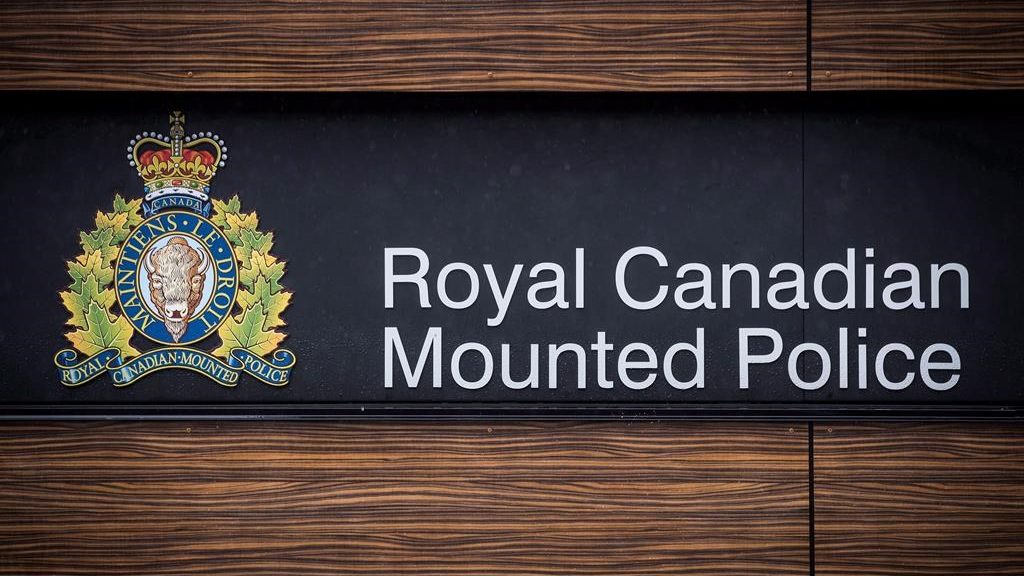Clawback of veterans benefits ends July 1; talks on back payment continue
Posted Jun 15, 2012 05:27:45 PM.
This article is more than 5 years old.
OTTAWA – The federal government will stop the clawback on pensions of disabled veterans starting on July 1, but it’s still negotiating retroactive payments to those covered by a Federal Court ruling.
Defence Minister Peter MacKay announced an end to the clawbacks in a statement on Friday, two weeks after the Harper government decided not to appeal a court ruling that sided with veterans.
A class-action lawsuit was filed in March 2007 on behalf of Dennis Manuge and 4,500 other disabled veterans whose long-term disability benefits are reduced by the amount of the monthly Veterans Affairs disability pension they receive.
MacKay called Manuge to tell him about the end to the deductions.
But the minister said in his statement that federal lawyers are still working to obtain a “mutually acceptable settlement” for repayment of benefits that have been clawed back, in some cases for decades.
It is unclear how much that will cost or how far back the payments will go.
Manuge, at point, estimated as much as $320 million was at stake.
But senior defence sources say the figure could run as high as $600 million, depending upon the negotiations.
MacKay said he wants a quick resolution so that soldiers and veterans are not left wondering.
“The care of our ill and injured personnel is my No. 1 priority and I am pleased that we have taken swift action on this file,” he said in the statement.
Among the matters under discussion is whether the benefit will be taxed.
Under the old system of pensions, veterans received some of their money tax-free, but since the introduction of the New Veterans Charter by the Conservative government in 2006, that has changed in some categories.
The Federal Court ruled the clawback was unfair under the Pension Act and violated the reasonable expectations of disabled vets.
Over the years, the issue has been a lightning rod, drawing condemnation from both the military ombudsman and a Senate committee, which described it as “profoundly unfair.”
The policy that initiated the clawback dates to the late 1960s and was introduced by the chief of the defence staff at the time.
Manuge’s lawyers argued that it was illegal, because the country’s top military commander did not have the authority to make such a decision.
At the time MacKay announced an end to the practice, Veterans Affairs announced that it, too, would halt a clawback that had been applied to three of its disability awards.










